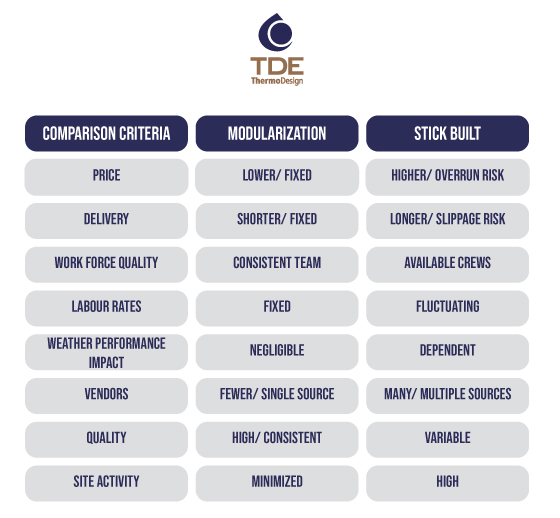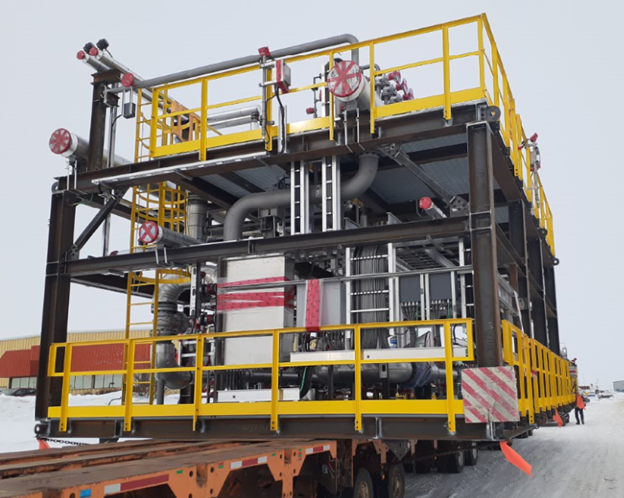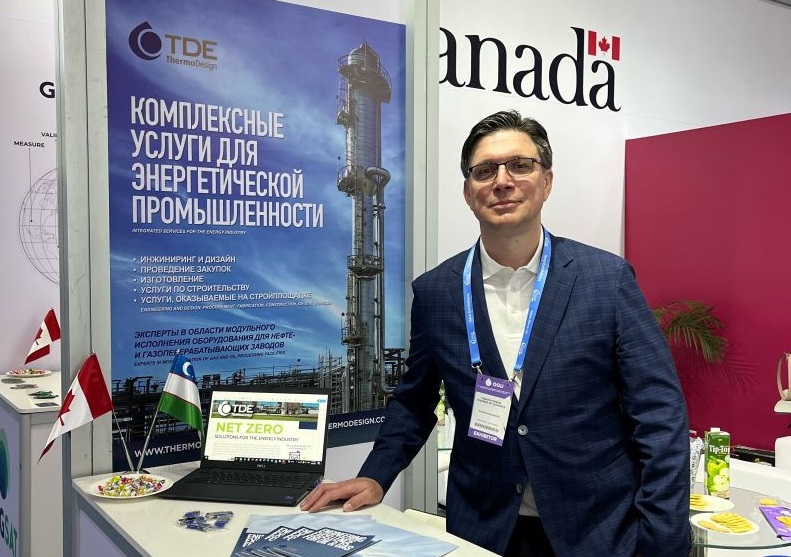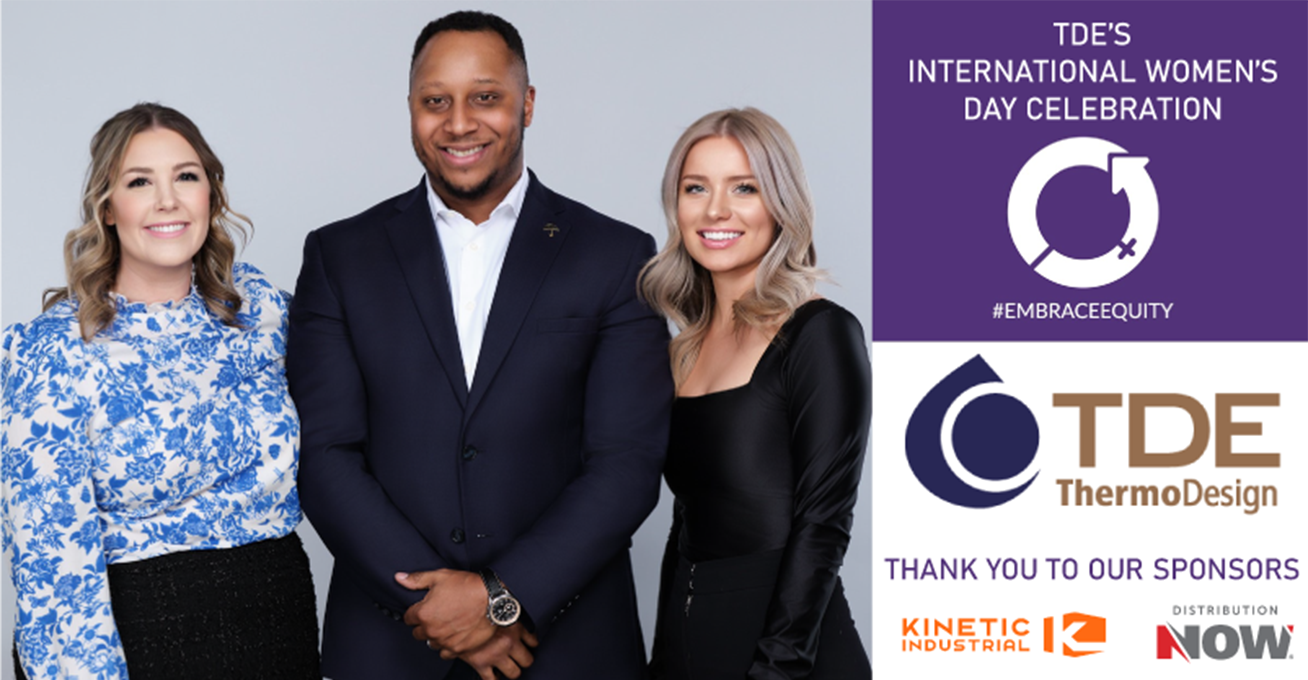Bringing cost certainty to field construction projects has
been an ongoing challenge since the earliest days of engineering and design. Structures built-in-place have historically been at the mercy of the unpredictable. Weather, geography, supply costs, labour availability, transportation and many other factors can all contribute to time and cost overruns.
While a significant amount of on-site or “stick built”
construction is unavoidable, the real challenge is to mitigate its disadvantages by implementing innovative, alternative solutions. Modularization meets this need by assembling completed process systems in a controlled fabrication environment and delivering them to the site for installation.
Modularization is the key to success in today’s Engineering and Construction market where offsetting rising costs and increasing profitability has become more challenging than ever. Establishing a modular design plan in the early stages of a project can reduce costs, minimize risk, and control project duration, ultimately maximizing its profitability.
The Benefits of Modularization
The modular concept is ideal for many types of process equipment installations. Major equipment and associated systems are assembled and configured in a shop facility and then placed onto prefabricated, transportation-compliant structural steel skids for timely delivery to the construction site.
As opposed to conventional stick-built construction, with its inherent variables, modularization construction offers
- control over the cost and quality of labour, equipment, and materials
- reduction of time and materials costs on site by maximizing the amount of project scope completed in a controlled environment
- overall cost savings and shortened project schedules by utilizing a fabrication facility with ready access to required equipment, skilled labour, reliable procurement, and quality assurance
- completion of installation and commissioning in a shorter time frame with configuration and pre-testing of all major equipment and associated systems done prior to shipping
The following table summarizes the comparative benefits of Modularized vs Stick Built construction:

Modularization of Process Plants
Thermo Design is a pioneer in the modular design of process facilities and has provided equipment for modularized plants in over 40 countries for the past 43 years. With our in-depth knowledge and experience, we explore all the options for modularization construction at an early project stage so that key design decisions are made at the correct times to ensure cost and schedule targets will be met.
Much of TDE’s success in modular design and construction stems from our innovative Trial Fit concept. Once built, the individually packaged modules are staged in the fabrication yard at the exact dimensions with the relevant interconnections prefabricated prior to shipment. The client also observes the Trial Fit process to confirm the accuracy of the completed assemblies and understand the sequence of reassembly and disassembly at the job site. TDE is proud that none of the modules that have been Trial Fit within our facility have ever required a cut or re-weld on any interconnections once moved to the field.
TDE’s Specialized Modularization Service
Site Preparation
Prior to the detailed engineering phase, a Lidar survey, utility locator drawings and a geotechnical investigation are performed to optimize a plot plan that supports the modularization concept.
Multi-Level & Side by Side Modularization
The construction of multi-level skids, designed to share support steel and be positioned side by side, allow for the maximum utilization of plot space. Electrical junction boxes are provided for each independent skid to minimize the scope of on-site electrical work.
Pipe Rack Modularization
To facilitate minimal field assembly, pipe racks are split into smaller sections for transport. Modularized, multi-tiered pipe racks can be custom designed for large-scale processing facilities. Pipe rack modules are shipped with fully completed welding, hydro testing, coating, tracing, insulating, and inspections as well as undergoing trial fits in the fabrication yard.
Factory Acceptance Test (FAT)
A series of functionality checks that follow a prescribed checklist are conducted on the packaged equipment by the manufacturer to ensure the quality meets industry standards. The extent of the FAT checklist is determined in advance between TDE and the client, and tests may include: system adherence to design requirements; electrical continuity checks; device power up & configuration; stroking of pneumatic equipment, and quality documentation review.
Civil/Structural Considerations
Modularized packages are designed to provide maximum flexibility for climate and geographic requirements, accommodating multiple types of foundation and supports including concrete, driven or screwed steel piles, gravel pads, or a combination of the above. Skid-mounted tanks are either supported directly on concrete or steel piles, pre-cast concrete structures, or a traditional foundation system depending on vessel size and geotechnical circumstances.
Mechanical/Electrical Considerations
Modular equipment packages and pipe racks are prefabricated to the maximum extent, thereby reducing the scope of on-site mechanical work. A confirmed sequence of shipment and assembly prepared during the detailed design phase is delivered to the site mechanical contractor. Pre-wired equipment modules are supplied to the site electrical contractor, effectively reducing on-site electrical work to homerun cables and final terminations and connections.
TDE Leads the Way in Modularization Expertise
When carefully considered and planned, modularization consistently provides operational and economic benefits to the overall execution of a project. Thermo Design’s strong legacy of expertise in Engineering, Project Management, Procurement, Manufacturing, Field Services, and Site Logistics assures the delivery of premier modular solutions for any traditional E&C or sustainability project.




